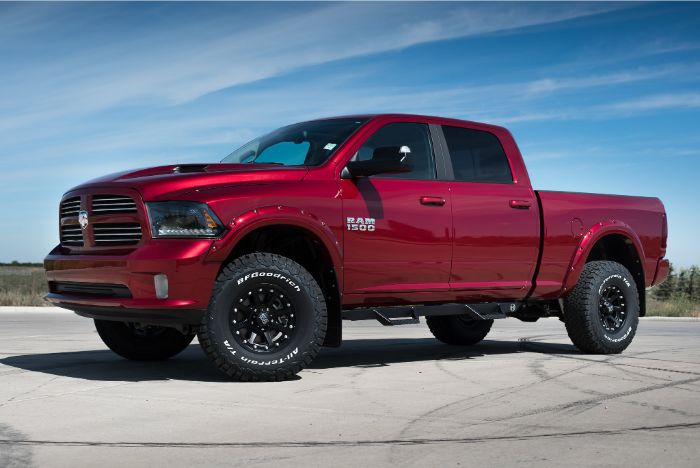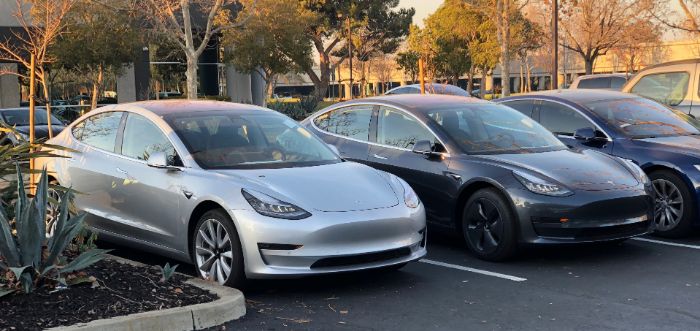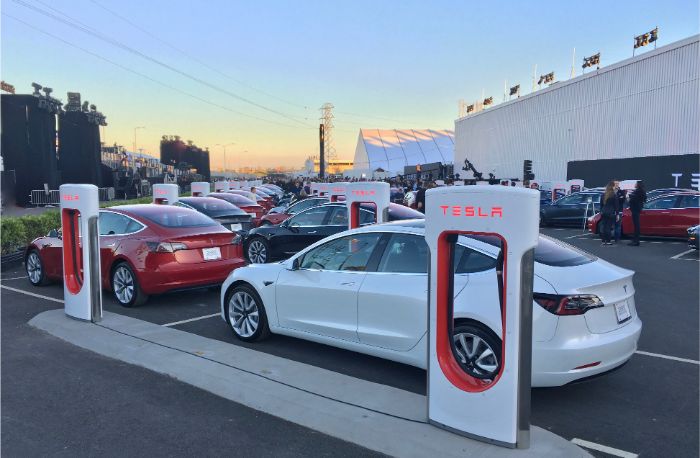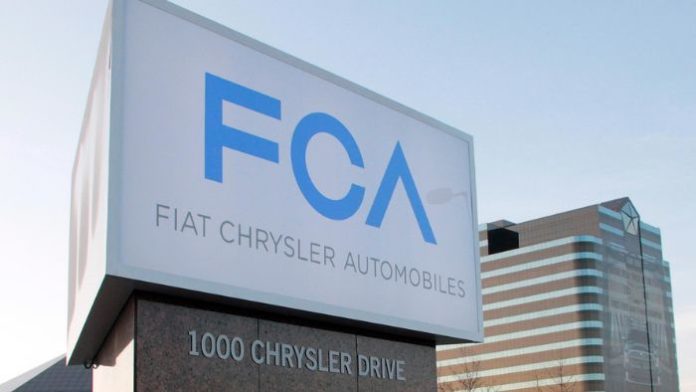FCA has agreed to pay Tesla in order to band their fleets together and report CO2 emissions in front of the EU as a group, avoiding a multi-billion dollar penalty.
The European Union is getting serious about fighting climate change and CO2 emissions in transportation are the obvious target. From 2020, manufacturers’ new vehicle fleets must average below 95 grams of CO2 emitted per kilometer driven.
If the fleet is driven entirely by internal combustion engines, this equates an average fuel economy of 57 mpg for all cars.

Fiat Chrysler Automobile is by far the worst in this regard. In 2018, the average CO2 emissions by FCA products were 123 grams per kilometer driven. The manufacturer’s fleet is comprised of predominantly ICE-powered vehicles. And of course, nobody buys a Dodge, a Jeep or a Ram truck for its mileage.
However, Tesla’s CO2 emissions are zero. The EU does not attribute CO2 emissions from electricity generation.
In a Financial Times report, international investments specialists – Jefferies – estimated that FCA will face a fine over $2.2 billion if they don’t improve their emissions.

Last year, Fiat Chrysler announced they will remove all diesel vehicles from the European market within three years – around 2021. At the same time, the company would invest over $10 billion into hybridization and electrification of its vehicle lineup by 2023.
However, all this will not help FCA meet EU regulations next year and avoid the obscene penalties.
So, in order to reduce their overall emissions ratings, FCA shook hands with Tesla to group their emissions together and report them jointly to the EU. That’s perfectly fine to do and uses the same principal as VW grouping all their subsidiaries in a single report.

Tesla’s fully electric portfolio will offset FCA’s CO2 emissions and the average would drop to 95 grams per kilometer or lower.
In return, Fiat Chrysler is going to hand over an undisclosed sum of cash to Tesla, effectively renting their ratings for the next couple of years. Jefferies estimates figures above $500 million.
Jefferies on the @Tesla @fiat open pooling arrangement:
"We assume that compensation to Tesla could be in excess of $500m relating to 2020 and 2021 each with payments possibly starting earlier (2019) to spread costs".
— Patrick McGee (@PatrickMcGee_) April 8, 2019
This is nothing new to Tesla. Some US states, like California, have already implemented similar emissions regulation, where zero-emission vehicles must comprise a certain percentage of any manufacturer’s fleet.
Credits are given for each EV and those could be traded between manufacturers. Tesla has been selling those for years to competitors like FCA, generating a significant profit:
- $103 million for 2018
- $280 million for 2017
- $215 million for 2016

Tesla needs every dollar it can get. Even though emissions aren’t a problem for them, the manufacturer’s financial situation is shaky at best.
